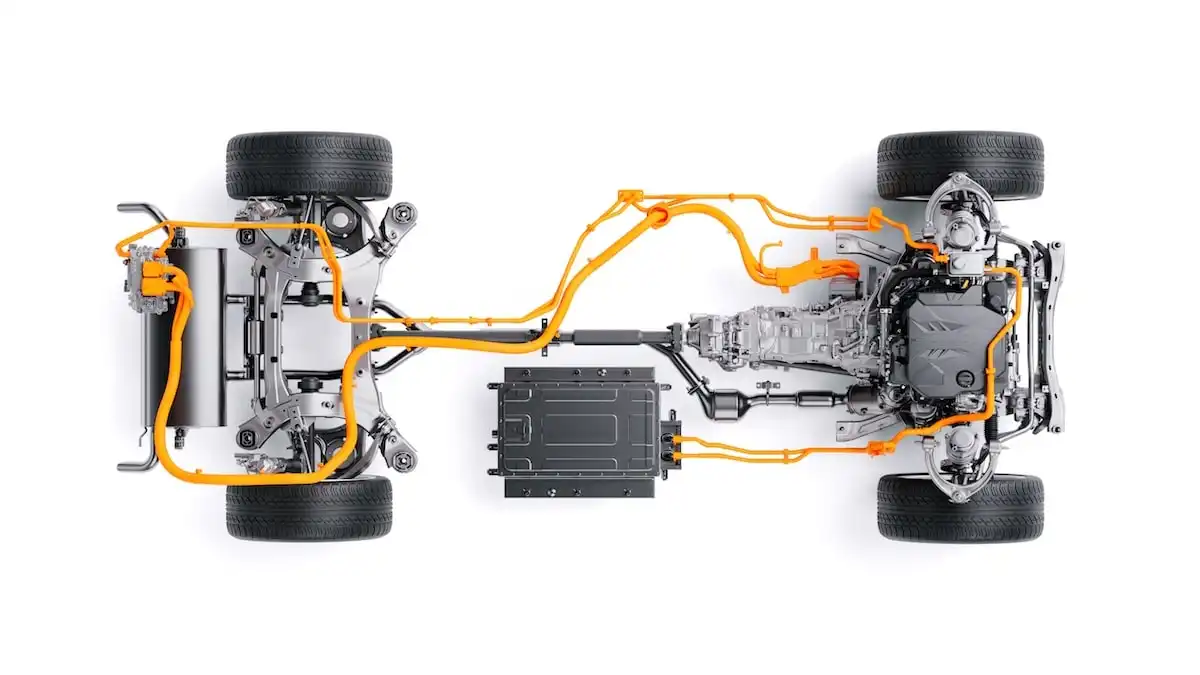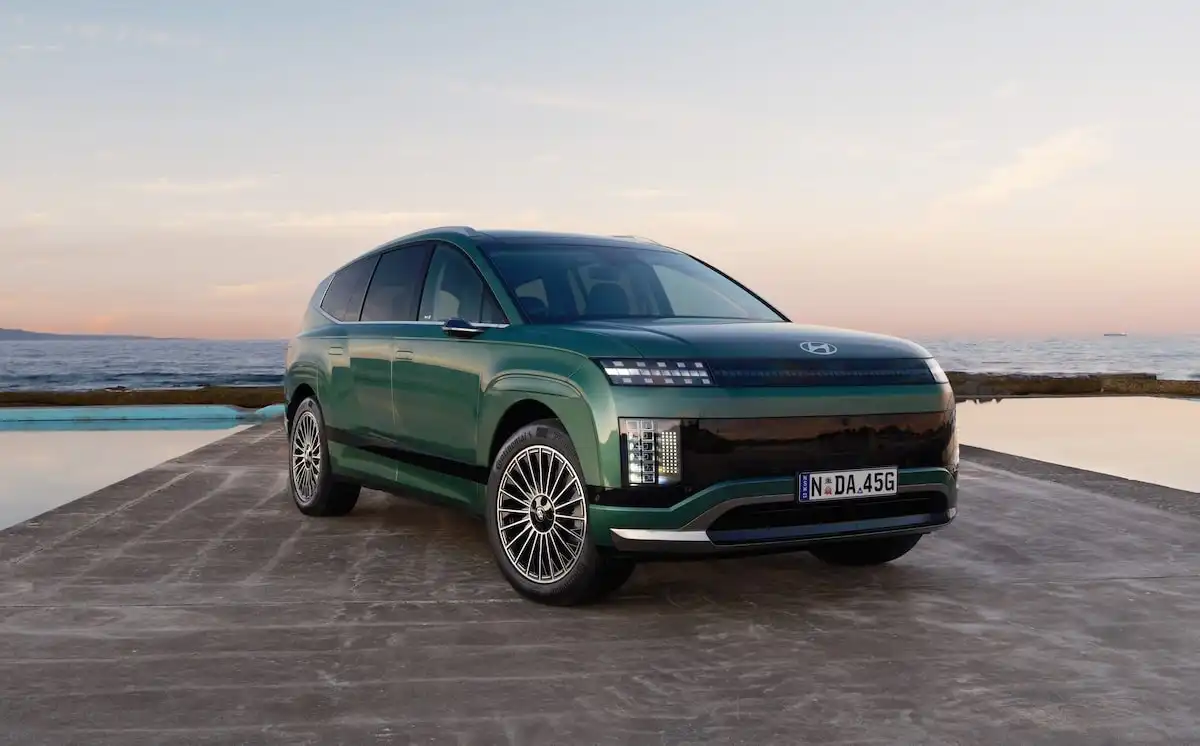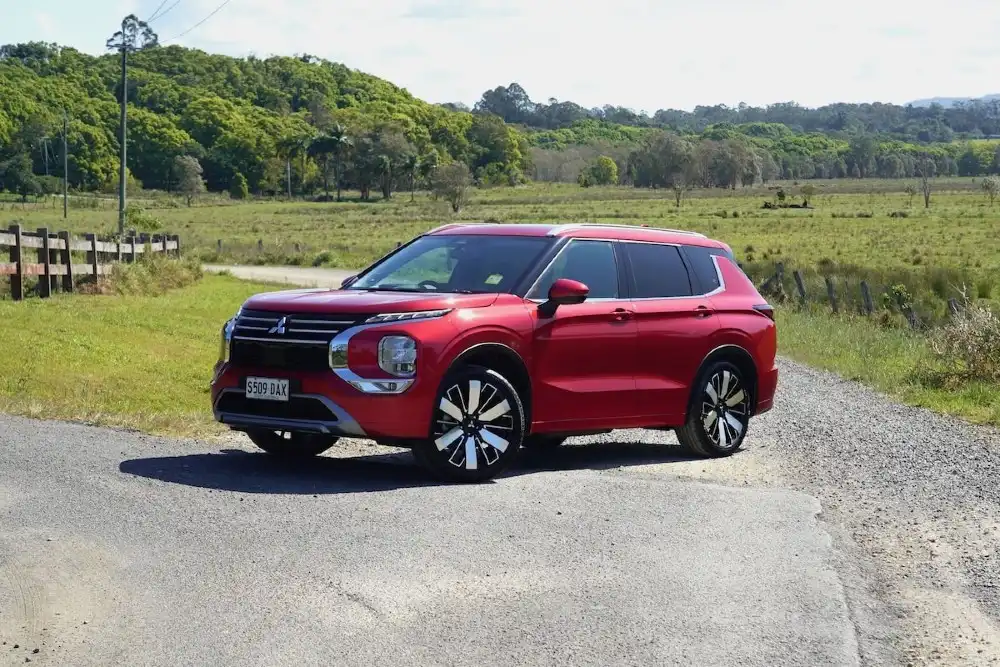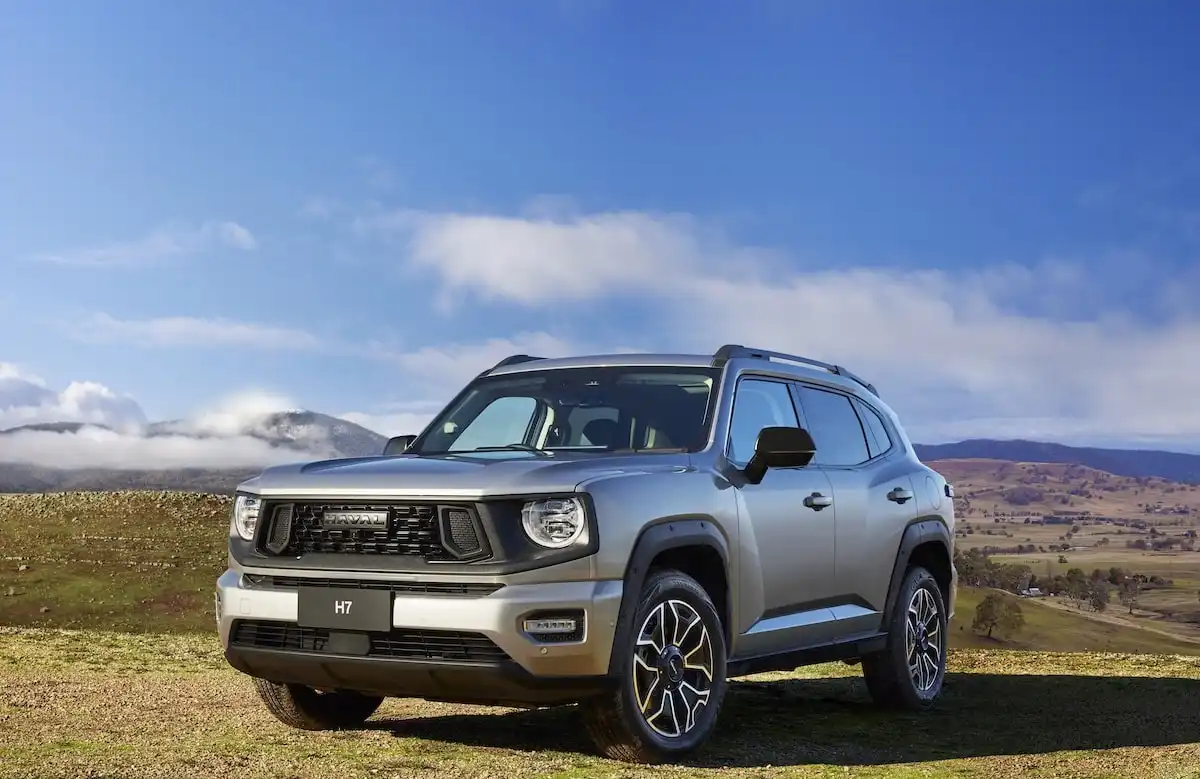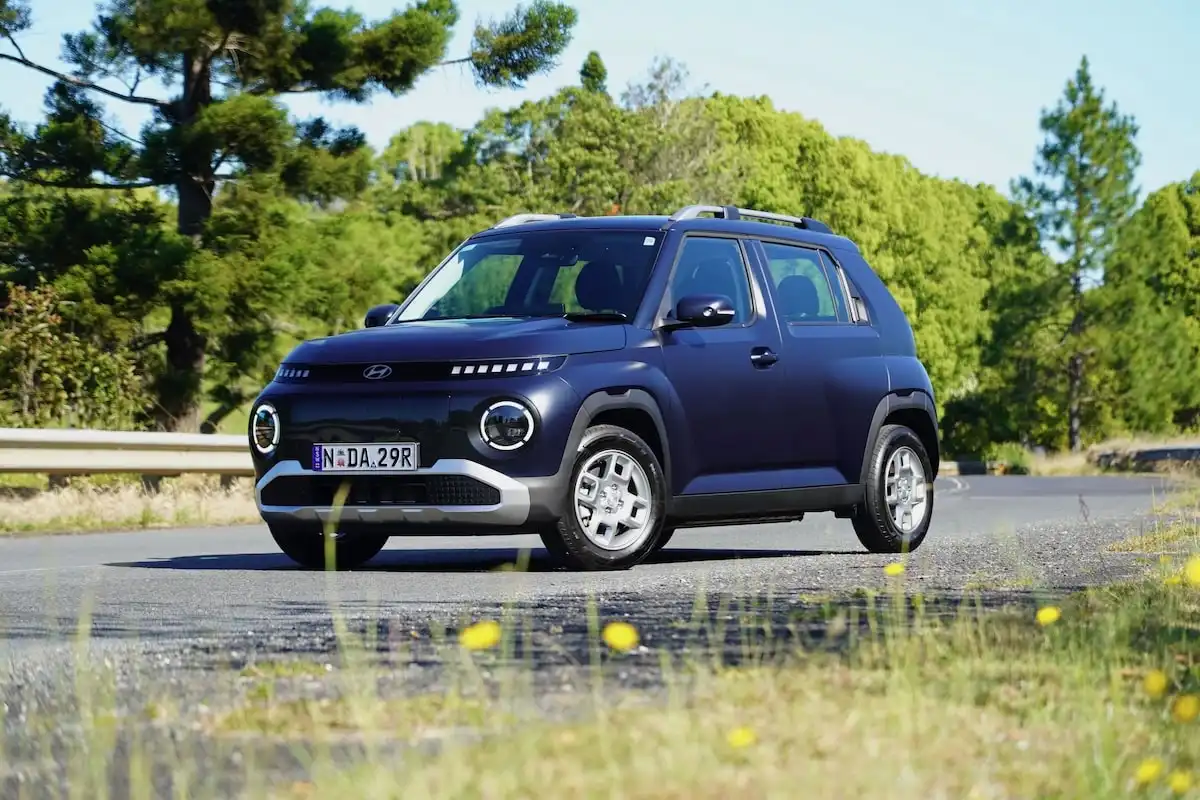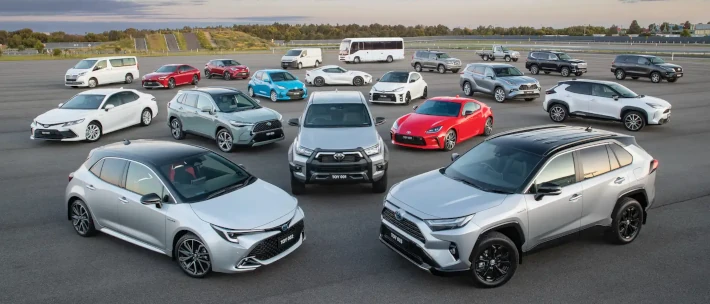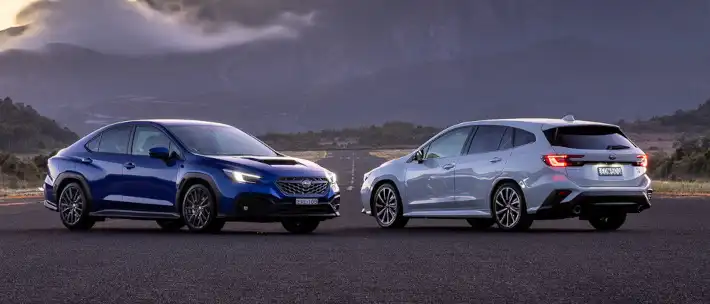Hybrids are fast becoming one of the most popular engine types for new cars sold in 2025, with buyers lapping up their fuel efficiency and smooth, electric-assisted nature, making for a lovely package behind the wheel.
Reliability remains, quite rightly, one of the main priorities for new car buyers in the hybrid segment, though, so which are your best and safest options when it comes to longevity?
Hybrid vehicles are more mechanically complex than their petrol and diesel counterparts, which means that reliability is of the utmost importance, so with that in mind, let’s take a look at the ten most reliable hybrid cars currently on sale in 2025.
How to Determine Hybrid Car Reliability
While it’s not a perfect science, determining the reliability of a hybrid vehicle comes down to the same principles as any petrol, diesel or even electric vehicle.
In essence, you’re mapping out how many mechanical issues and owner complaints have arisen over time.
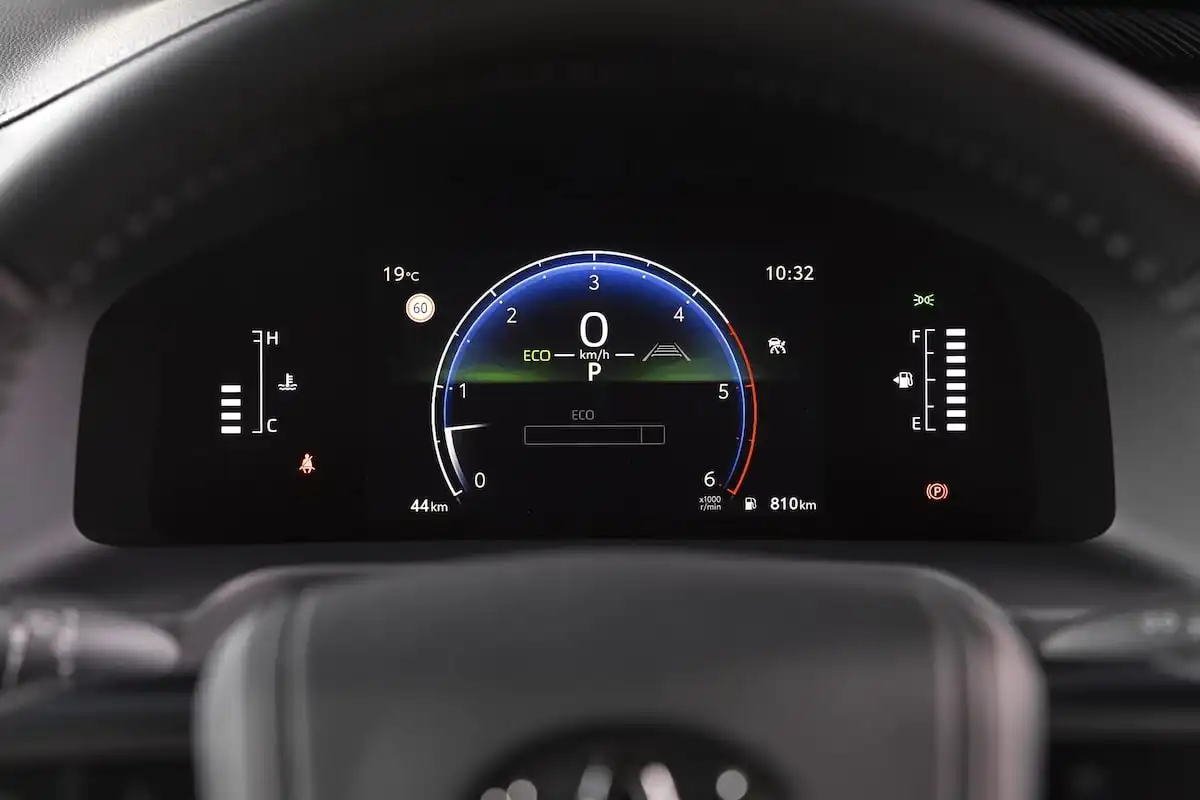
The J.D. Power Vehicle Dependability Study is one of the most comprehensive means of getting this data, which compiles responses from 34,175 vehicle owners and ranks manufacturers on a scale of problems per 100 vehicles.
The fewer the problems, the greater the body of evidence pointing toward that manufacturer being a trustworthy and reliable hybrid vehicle maker.
Get in touch with one of our Car Buying Specialists today.
Request a quoteWhat are the Most Reliable Hybrid Manufacturers?
According to the latest 2025 edition of the J.D. Power Dependability Study, the most reliable manufacturers with hybrid vehicles in their ranks is an interesting mix of Japanese, European and Korean brands.
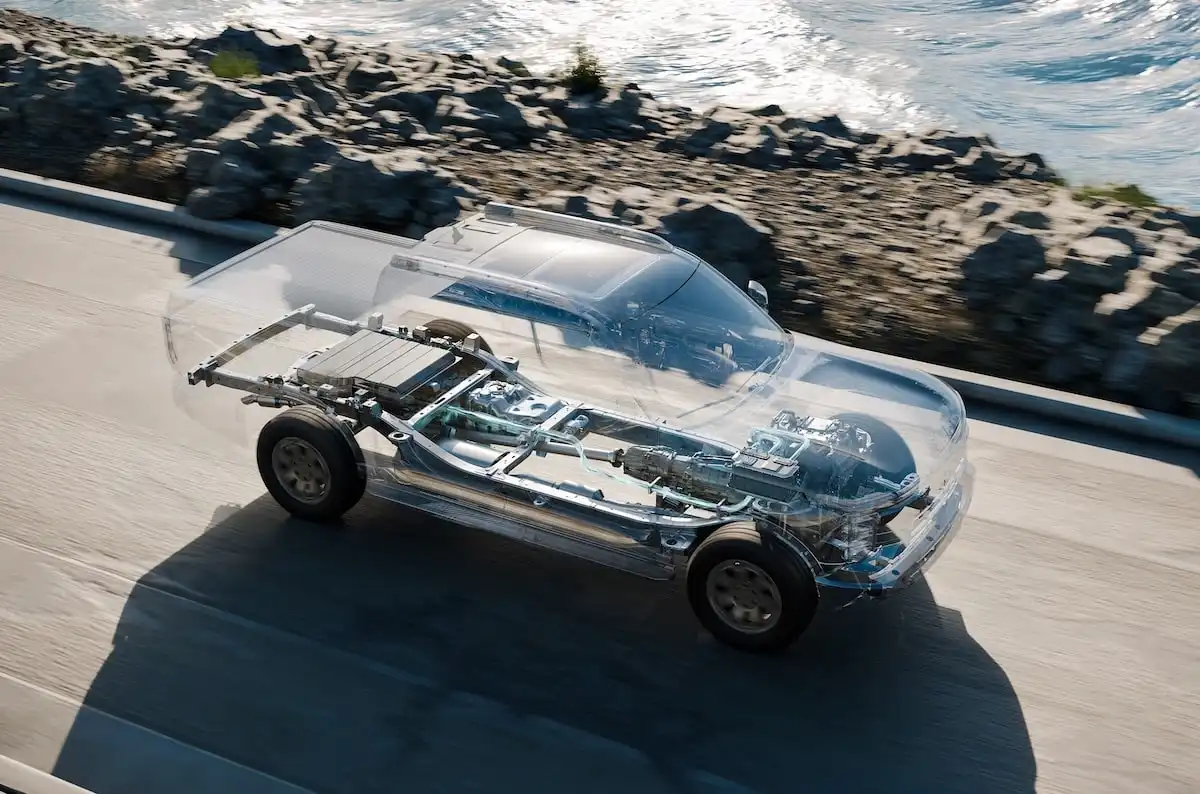
Lexus tops the list, followed closely by Mazda and Toyota biting at each other’s heels, with Porsche, BMW, Kia and Honda all sitting above the study’s average.
10 of the Most Reliable Hybrid Cars in Australia in 2025
Lexus NX350h
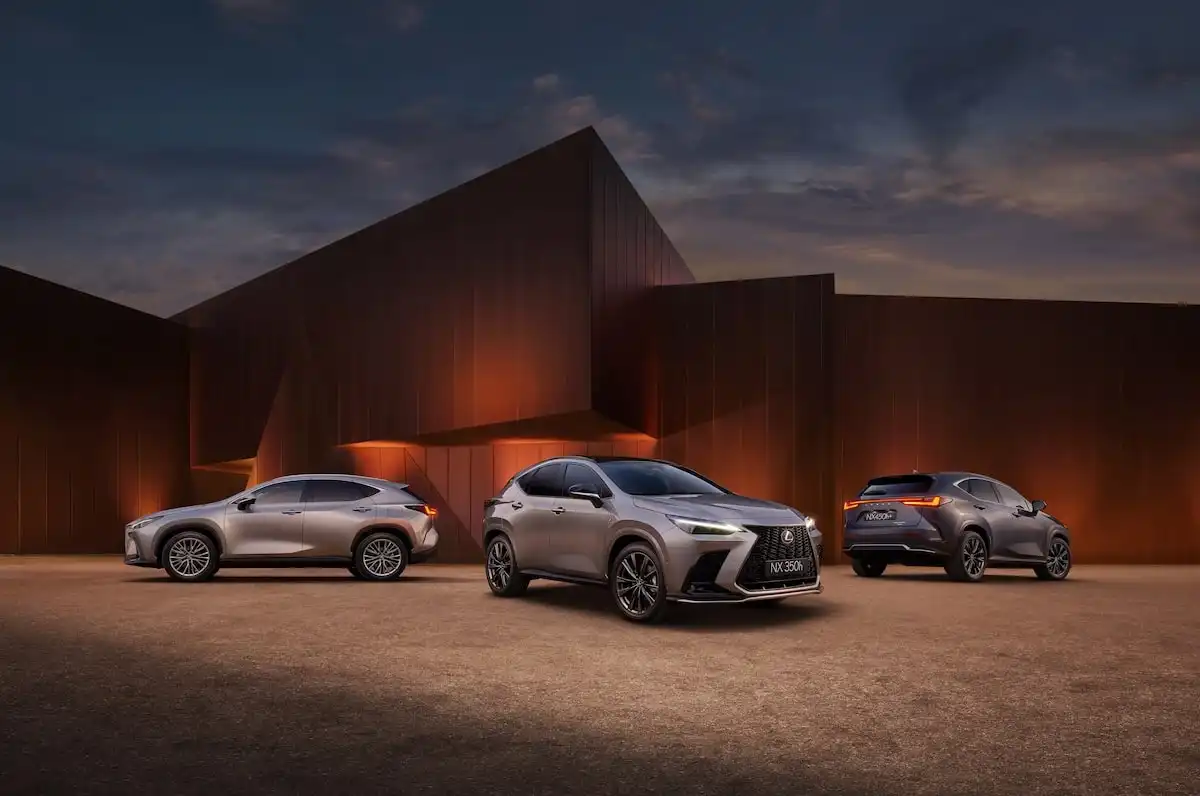
Lexus remains at the top of the list when it comes to vehicle reliability, with the ever-popular NX sitting as a very safe bet in the world of fuel-efficient, hybrid midsize SUVs.
Lexus - and its parent company, Toyota - have enjoyed quite the head start on their rivals when it comes to hybrid tech, which makes the NX a great option for both driving refinement and fuel economy figures, all backed by the confidence of a reliable badge.
-
Engine: 2.5-litre four-cylinder petrol + electric motor hybrid
-
Fuel Economy: 5.0L per 100km
-
Boot Size: 520 - 1,141L
-
ANCAP Safety Rating: Five-star (tested 2022)
-
Warranty: Five-year/unlimited-km, up to ten-years for hybrid system
-
Service Intervals: 12 months or 15,000 kilometres
Mazda CX-60 P50e
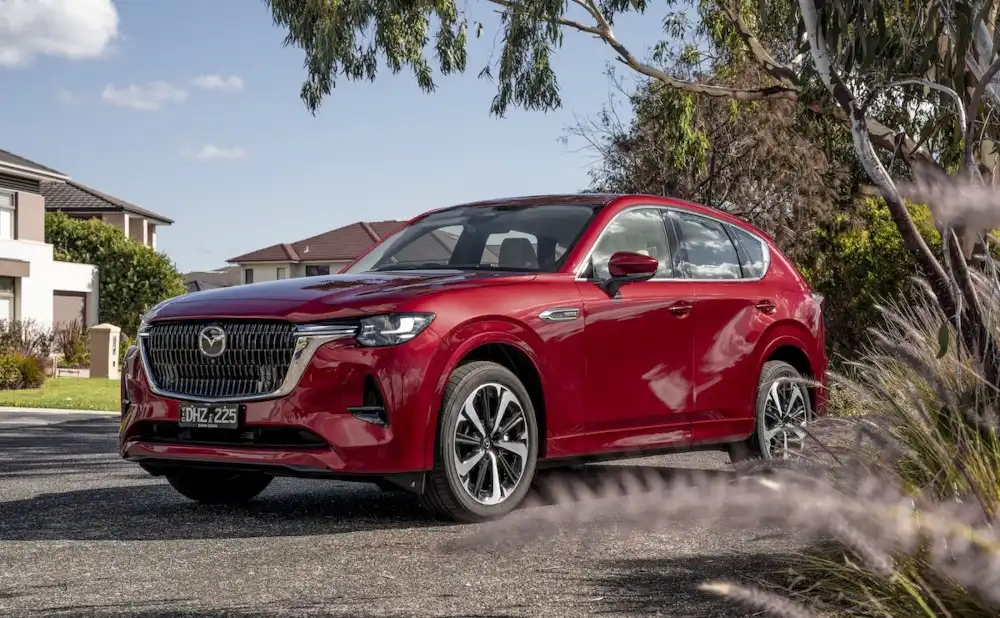
Mazda managed a second-place finish in the latest Vehicle Dependability Study, edging its main rival, Toyota, by just a single point.
While all members of its latest SUV lineup pick up some mild hybrid assistance, there’s also the option of a super fuel-efficient plug-in hybrid powertrain that features a 17.8kWh battery pack offering up to 76km of electric range and tonnes of power from its electrical assistance.
-
Engine: 2.5-litre four-cylinder petrol + electric motor PHEV
-
Fuel Economy: 2.1 per 100km
-
Boot Size: 570 - 1,726L
-
ANCAP Safety Rating: Five-star (tested 2022)
-
Warranty: Five-year/unlimited kilometre / eight-years for battery
-
Service Intervals: 12 months or 15,000 kilometres
Toyota Corolla Cross
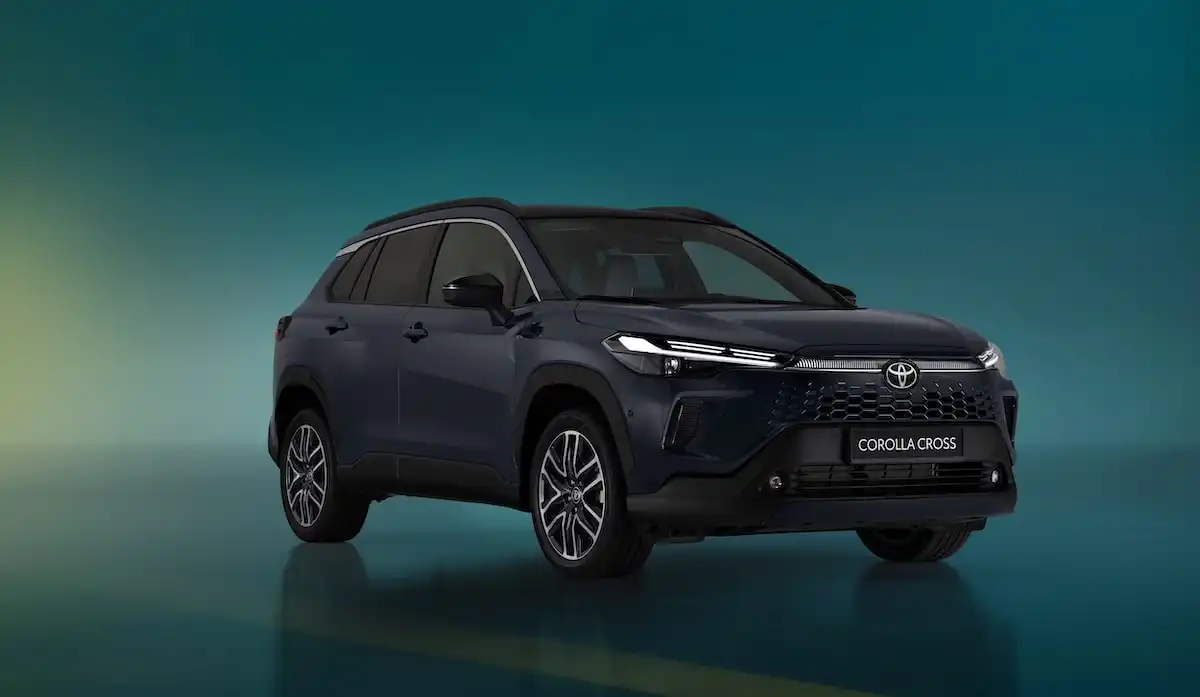
Toyota rounds out the list of podium finishers according to the latest J.D. Power Dependability Study.
While the RAV4 continues to dominate outright sales charts, the Corolla Cross is making a great impression with buyers looking for a slightly smaller package with even better fuel economy figures.
-
Engine: 2.0-litre four-cylinder + electric motor hybrid
-
Fuel Economy: 4.4L per 100km
-
Boot Size: 425L
-
ANCAP Safety Rating: Five-star (tested 2022)
-
Warranty: Five-year/unlimited kilometre (up to ten years when serviced in network)
-
Service Intervals: 12 months or 15,000 kilometres
Kia Sportage HEV
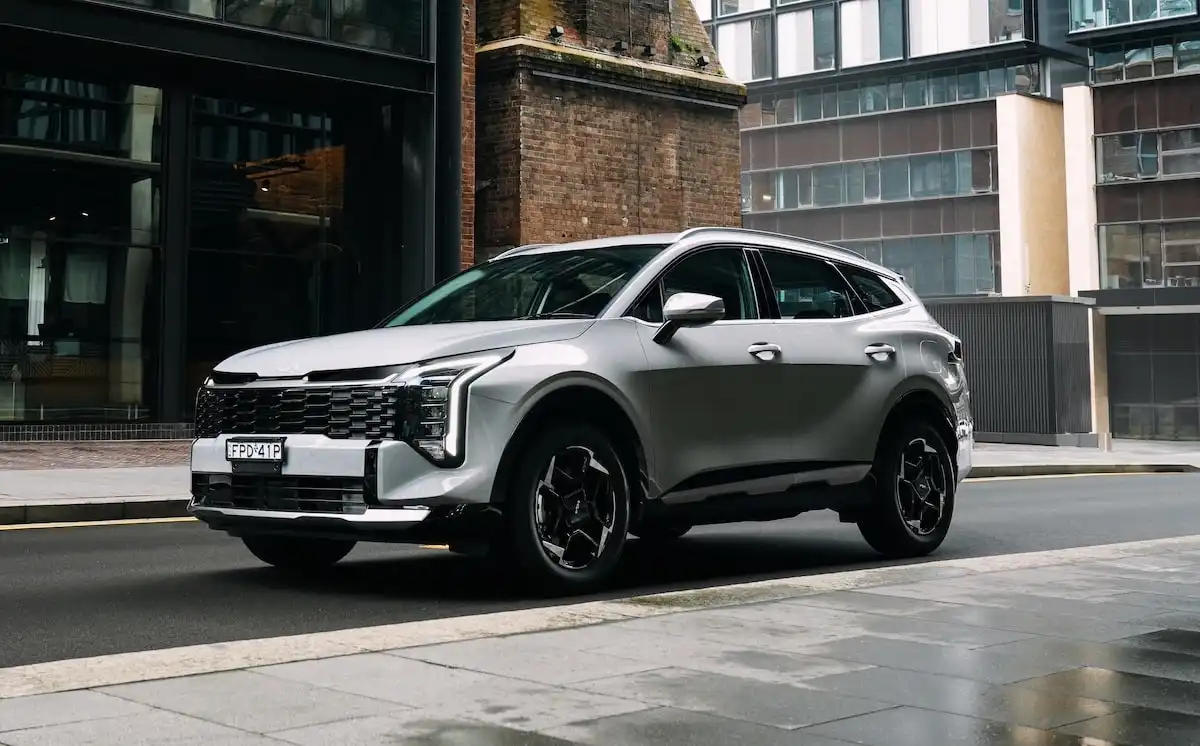
Kia was the best of the finishers from Korea in the latest dependability study, with its midsize SUV, the Sportage, picking up a new and more affordable entry point into the company’s hybrid range.
While the company’s hybrid tech was previously relegated to premium versions, buyers can now pick up the fuel-efficient hybrid powertrain in SX trim, making for a very compelling offering in the hybrid midsize SUV segment.
-
Engine: 1.6-litre turbocharged four-cylinder + electric motor hybrid
-
Fuel Economy: 4.9L per 100km
-
Boot Size: 586 - 1,872L
-
ANCAP Safety Rating: Five-star (tested 2022)
-
Warranty: Seven-year / unlimited kilometre vehicle warranty, 150,000km for hybrid
-
Service Intervals: 12 months or 10,000 kilometres
Honda CR-V e:HEV
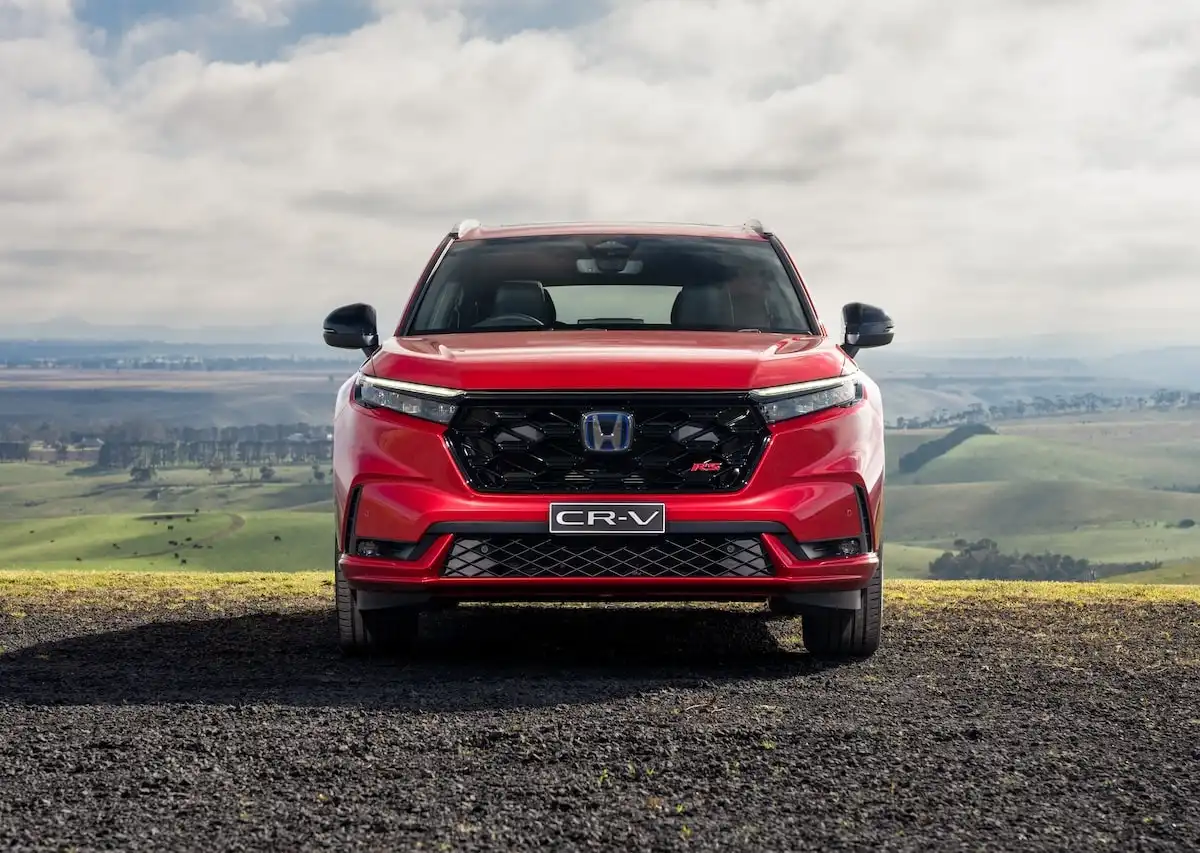
Honda has built up a rock-solid reputation when it comes to vehicle reliability.
This, in combination with a hybrid power plant on offer in its midsize SUV hero, the C-RV, makes for a great option for buyers looking for a practical, fuel-efficient and dependable family workhorse.
-
Engine: 2.0-litre four-cylinder + two electric motor hybrid
-
Fuel Economy: 5.5L per 100km
-
Boot Size: 581 - 1,636L
-
ANCAP Safety Rating: Five-star (tested 2024)
-
Warranty: Five-year/unlimited kilometre
-
Service Intervals: 12 months or 10,000 kilometres
Suzuki Swift
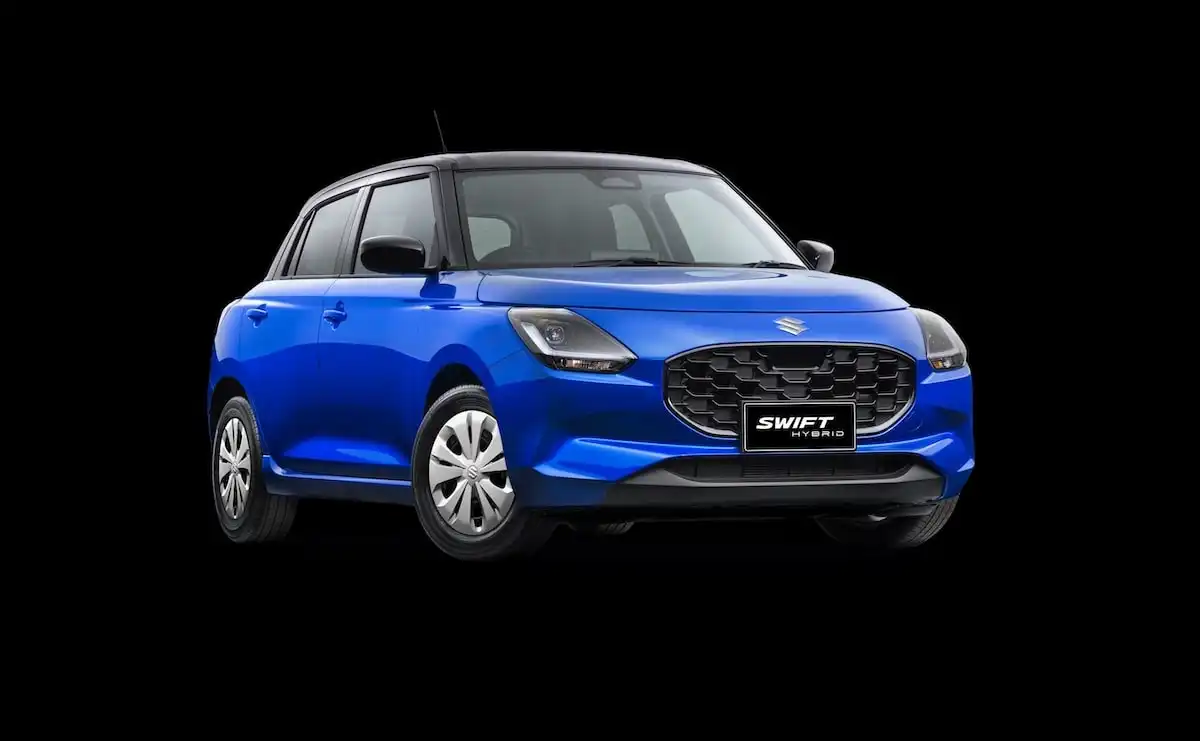
One of Australia’s most affordable hybrid hatchbacks comes from a brand synonymous with mechanical honesty and reliability.
The latest-generation Suzuki Swift has become a hybrid-only affair, and while it’s only a 12-volt, mild-hybrid system, it makes the Swift one of the most fuel-efficient packages currently on the market in 2025.
-
Engine: 1.2-litre three-cylinder + 12-volt mild-hybrid
-
Fuel Economy: 3.9L per 100km
-
Boot Size: 265 - 980L
-
ANCAP Safety Rating: One-star (tested 2024)
-
Warranty: Five-year/unlimited kilometre
-
Service Intervals: 12 months or 15,000 kilometres
Hyundai Tucson

The Hyundai Tucson remains a seriously strong contender in the world of hybrid midsize SUV packages, with its appeal broadened thanks to the option of a more affordable base version.
The Tucson’s great on-road manners and generous equipment lists makes it hard to ignore in the space, with Hyundai’s solid dependability rankings helping to inspire confidence down the line.
-
Engine: 1.6-litre turbocharged four-cylinder + electric motor hybrid
-
Fuel Economy: 5.3L per 100km
-
Boot Size: 582 - 1,903L
-
ANCAP Safety Rating: Five-star (tested 2021)
-
Warranty: Five-year/unlimited-kilometre (eight-year/160,000km for hybrid battery)
-
Service Intervals: 12 months or 10,000 kilometres
Subaru Crosstrek Hybrid
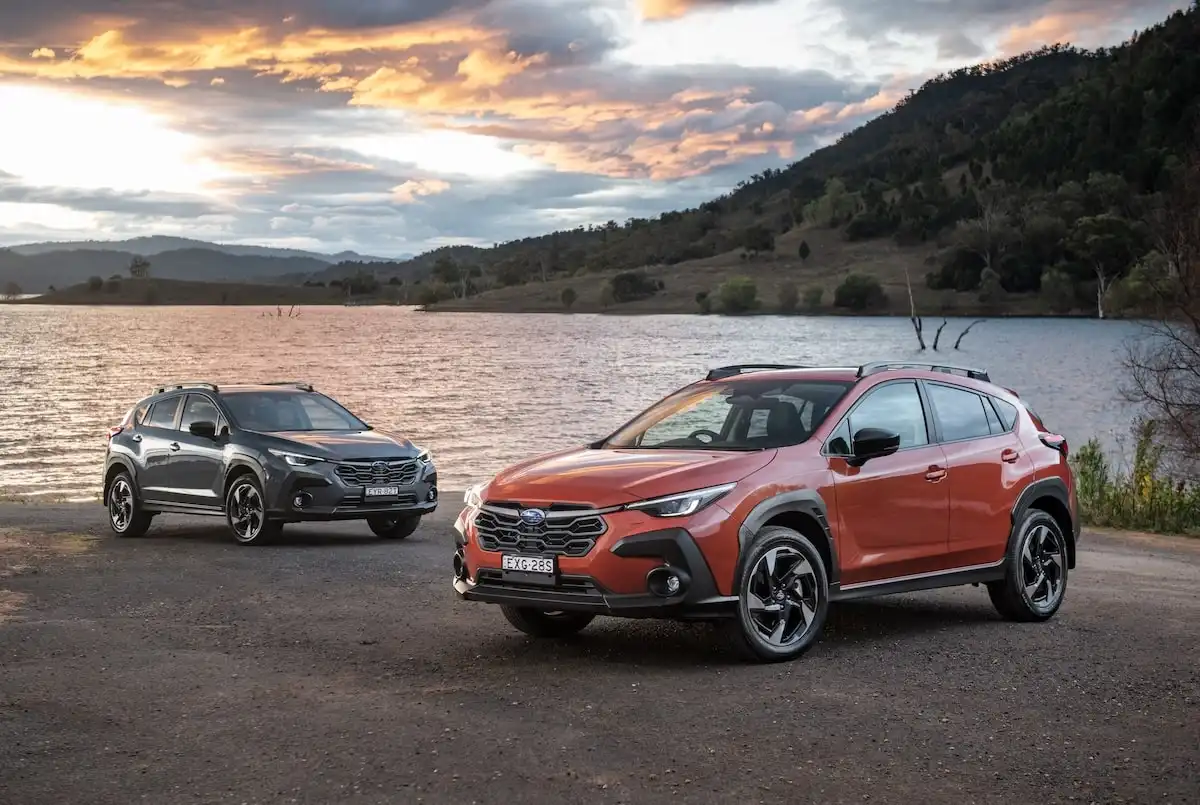
Subaru was another strong finisher in the latest dependability study, with the Crosstrek remaining an impressive and super versatile compact SUV package in the segment.
While the Crosstrek picks up an e-Boxer mild-hybrid system over a more powerful and fuel-efficient system, Subaru’s solid reliability rankings and offering of an all-wheel drive system across the range makes it hard to ignore.
-
Engine: 2.0-litre four-cylinder + mild hybrid assist
-
Fuel Economy: 6.5L per 100km
-
Boot Size: 315 - 922L
-
ANCAP Safety Rating: Five-star (tested 2024)
-
Warranty: Five-year/unlimited kilometre (eight-year/160,000km for hybrid system)
-
Service Intervals: 12 months or 15,000 kilometres
Porsche Cayenne e-Hybrid
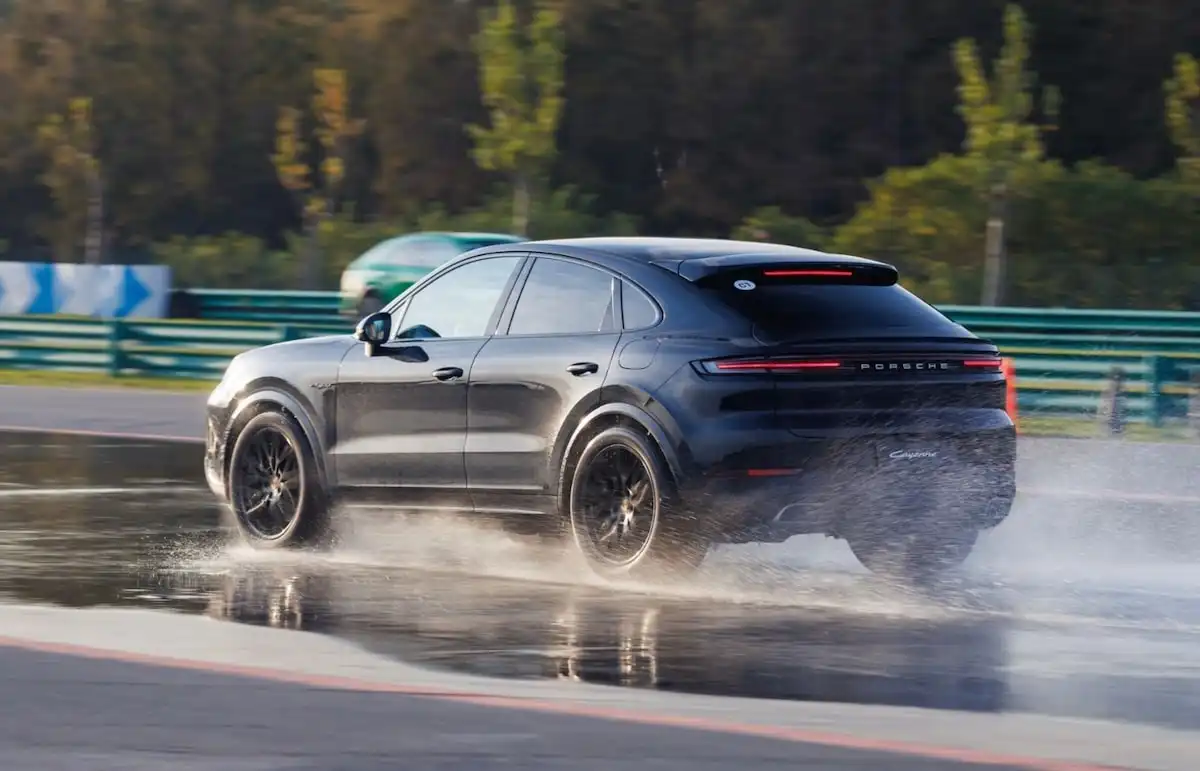
Porsche topped the list for European manufacturers in the latest rankings, with the almighty Cayenne e-Hybrid remaining one of the best hybrid, family-friendly SUVs on offer in 2025.
The hybrid version of the Cayenne picks up a seriously powerful 3.0-litre V6 paired with an electric motor that produce a combined 346kW / 650Nm, making it a seriously rapid, yet fuel-efficient package with the help of a 25.9kWh battery pack that offers up to 86km of pure EV driving.
-
Engine: 3.0-litre V6 petrol + electric motor PHEV
-
Fuel Economy: 1.9L per 100km
-
Boot Size: 434 - 1,344L
-
ANCAP Safety Rating: Unrated
-
Warranty: Five-year/unlimited kilometre (eight year/160,000km for battery)
-
Service Intervals: 12 months or 15,000 kilometres
BMW X3 30e xDrive
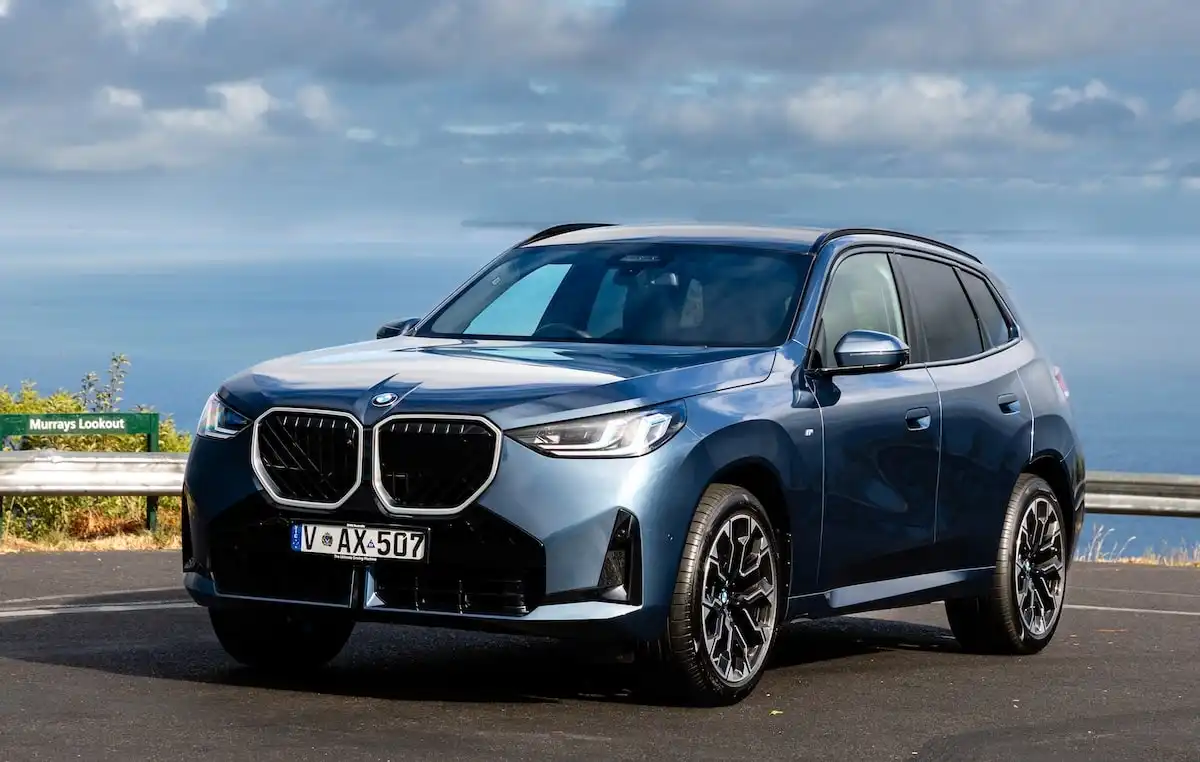
BMW ranked just below Porsche in the latest dependability study, with the company’s plug-in hybrid version of the X3 remaining a great option for fuel-conscious buyers in the premium space.
In its fourth generation, the X3 sits as a fabulous driving package in the midsize SUV segment, with the added electrical assistance giving it some serious perk of the line and a lovely, well-appointed cabin.
-
Engine: 2.0-litre turbocharged four-cylinder + electric motor PHEV
-
Fuel Economy: 1.6L per 100km
-
Boot Size: 460 - 1,600L
-
ANCAP Safety Rating: Unrated
-
Warranty: Five-year/unlimited kilometre (eight years for battery)
-
Service Intervals: 12 months or 15,000
Request a Quote
If you’re after the best price on your next car, reach out to one of our car-buying experts today.
Get in touch with one of our Car Buying Specialists today.
Request a quote